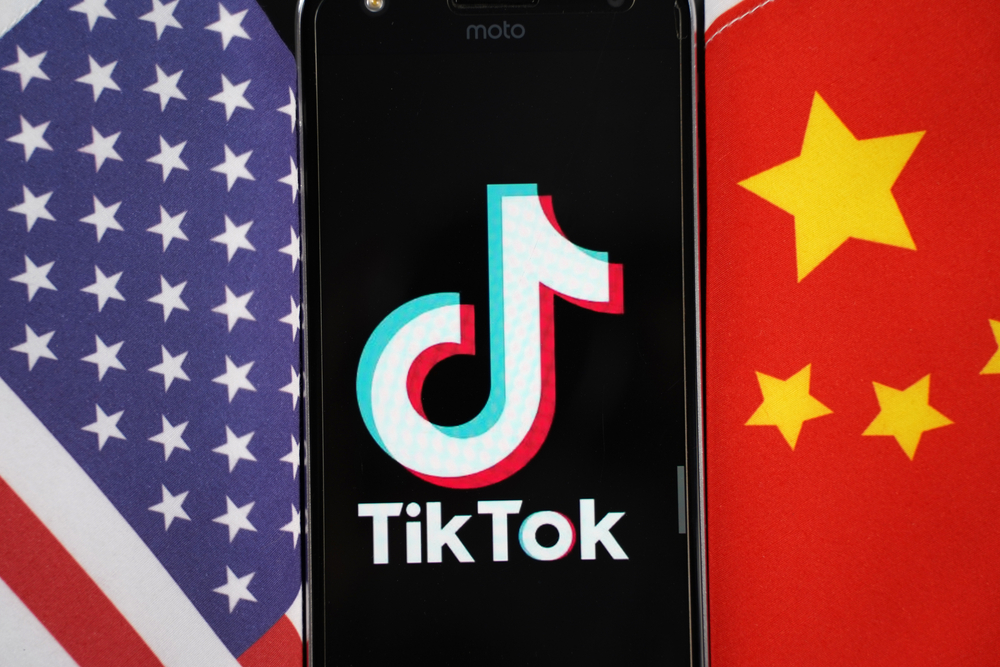The White House has expressed openness to further action to curb TikTok as legislation to ban the popular Chinese-owned app in the United States started moving through Congress. With over a billion users worldwide and more than 100 million in the US, TikTok has become a cultural force, particularly among young people, raising concerns among lawmakers and the government.
The Issue
President Joe Biden’s administration is determined to prevent China and other countries from leveraging digital technologies and American data to present unacceptable national security risks. Therefore, the House Foreign Affairs Committee was set to vote on legislation that would give President Biden the authority to ban TikTok outright in the United States. This issue is gaining momentum and could have the potential for bipartisan support in both the Republican-run House and the Senate.
The Debate
The proposed legislation has faced opposition from the American Civil Liberties Union (ACLU), which argues that it would curb free speech. The organization believes that Congress should not censor entire platforms and strip Americans of their constitutional right to freedom of speech and expression.
TikTok has also criticized the bans as “little more than political theater.” The app has repeatedly rejected allegations that it shares data or cedes control to the Chinese government. The company has been waiting for the findings of a review by the Committee on Foreign Investment in the United States (CFIUS), a government agency that assesses foreign investments’ risks to US national security.
Global Response
Governments around the world have been banning TikTok from government devices due to concerns about spying and propaganda by the Chinese Communist Party. Denmark’s parliament asked MPs and staff to remove TikTok from mobile devices due to the “risk of spying.” The European Commission and Canada’s government also banned the app on work devices to protect their institutions.
Conclusion
The ban on TikTok is gaining momentum in Congress, and it remains to be seen whether the app will face a complete ban in the United States. The debate surrounding the legislation highlights the tension between national security concerns and the protection of free speech and expression.

